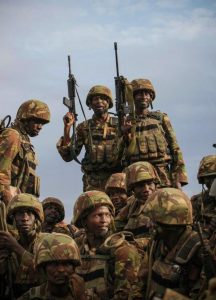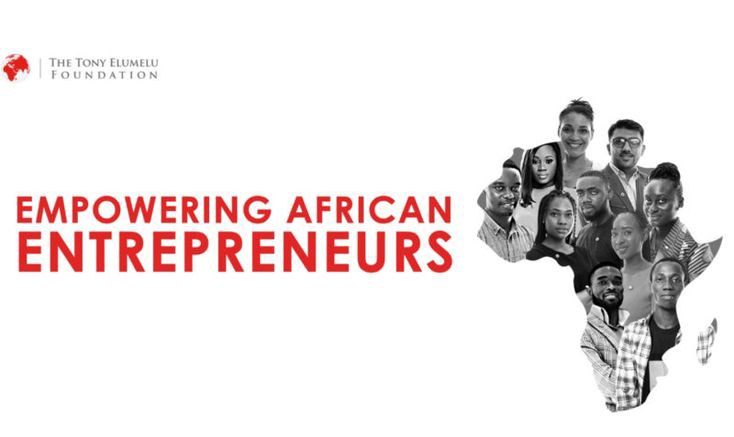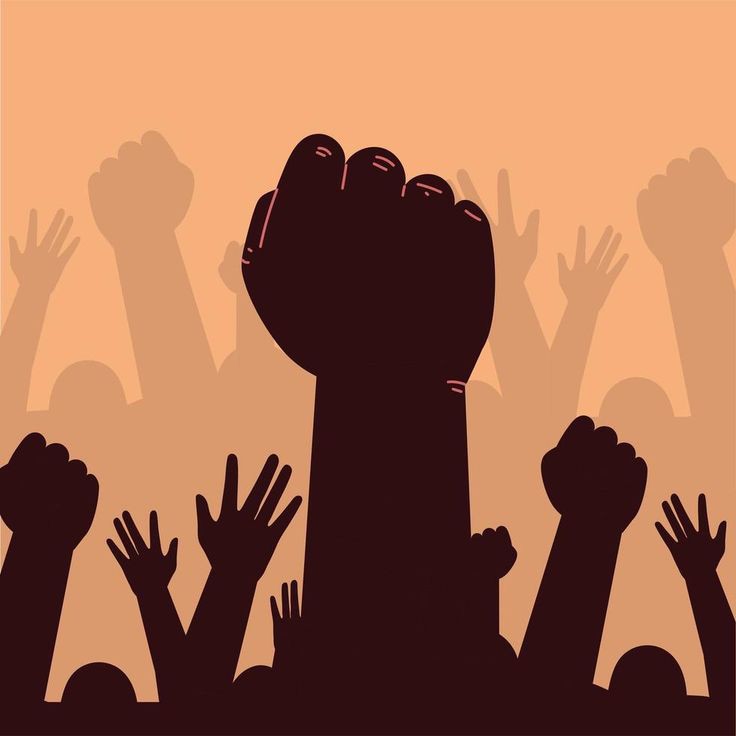In the last three decades, African countries have experienced considerable transformations in their political systems which have put the continent in tune with acceptable democratic principles based on the rule of law.
However, because it is not yet Uhuru, many countries on the continent still have challenges with institutionalising and sustaining democracies thereby leading to “covert coups ” by military personnel in a bid to save their countries from dictatorship.
Is saving the country enough reason for any military takeover in present-day Africa? Let’s get to know as we explore some of the ideas behind the military junta and how democracy can be sustained on the continent.
“An epidemic of coup d’ etat”
At a time in the history of Africa, military coups were the order of the day in many countries, but with the acceptance of democracy, military interventions became a thing of the past.
But in recent times, there seems to be a gradual comeback of the military rejuvenating the fears about coups and their aftermaths.
Within the last five years, Africa has witnessed a surge in military coups placing it above other continents as records have it that of the 13 coups recorded globally since 2017, 12 of them were in African countries.
The recent rise in such military interventions got the United Nations Secretary-General, Antonio Guterres to describe what was happening on the continent as ” an epidemic of coup d’ etat”.
While this has become a source of worry for many stakeholders, it is worth noting that the recent trend has a lot to do with the fragile nature of most of the emerging democracies on the continent whereby most of the leaders transitioning into civilian rule still have their roots deep in the military with forces who are ever ready to prove their loyalty at any given time.
The Malian example
Taking the 2021 coup in Mali into cognisance, the coup was led by the then transitional civilian vice president, Assimi Goita, who was the military commander at the time. Other cabinet ministers were also military commanders thus giving the military significant influence over the so-called transitional civilian government.
This was so as the military used the two coups in Mali in 2020 and 2021 to supposedly restore order given the public outrage on the process and outcome of the parliamentary election.
Recent military outrage on the continent
In some other African countries, in March 2021, there was a failed coup attempt in Niger, while in April of the same year, Chad witnessed a coup that saw the end of the president who was killed on the battlefield then in September, Guinea had its share of coup followed by Sudan in October of that same year, and by November, Burkina Faso was caught in an attack that left almost 50 military police officers dead and eventually led to a coup two months later.
Though the main causes of these coups vary from one country to the other, stakeholders believe the coups shows the systemic failure of governance structures and their inability to meet the yearnings of the people but rather breed corruption and insecurity among others.
This only goes further to show that most African countries seem to be practising democracy theoretically but in reality, are far from it.
It is however pertinent to state that as much as there might be a short-term need to maintain peace and order, having the military at the helms of affairs will not help build democratic principles because coups are never the best form of taking over governments just as reflected in the saying that ‘ the worst form of democratic government is better than the best of military government.’
How to sustain Democracy in Africa
Knowing that the continent cannot afford to go back to the era of military rule, democratically elected leaders on the continent need to work on improving the lives of their citizens by pursuing policies that offer opportunities, hope, inclusion and social justice irrespective of who is involved.
Furthermore, as representatives of the people, politically elected leaders should learn to respect the wishes of the people as well as the constitution rather than disrupting democratic order and embracing authoritarianism whereby they seek tenure elongation even at the expense of economic and democratic growth.
To consolidate the continent’s democracy, African countries should focus on building relevant institutions that will entrench and support democratic principles and enhance development while also ensuring that every citizen partakes of the dividends from such development.
On the part of the people, Africans who have continually shown their resolve to conserve and strengthen good democratic principles through their actions must play their parts directly or indirectly as citizens to make sure democracy thrives on the continent in other to actualise the true definition of democracy which is government of the people, by the people and for the people.



